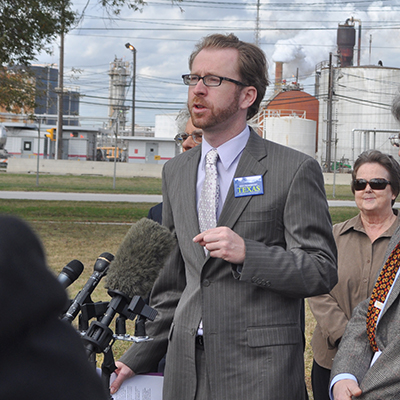
Environment Texas challenges Exxon Baytown expansion bid
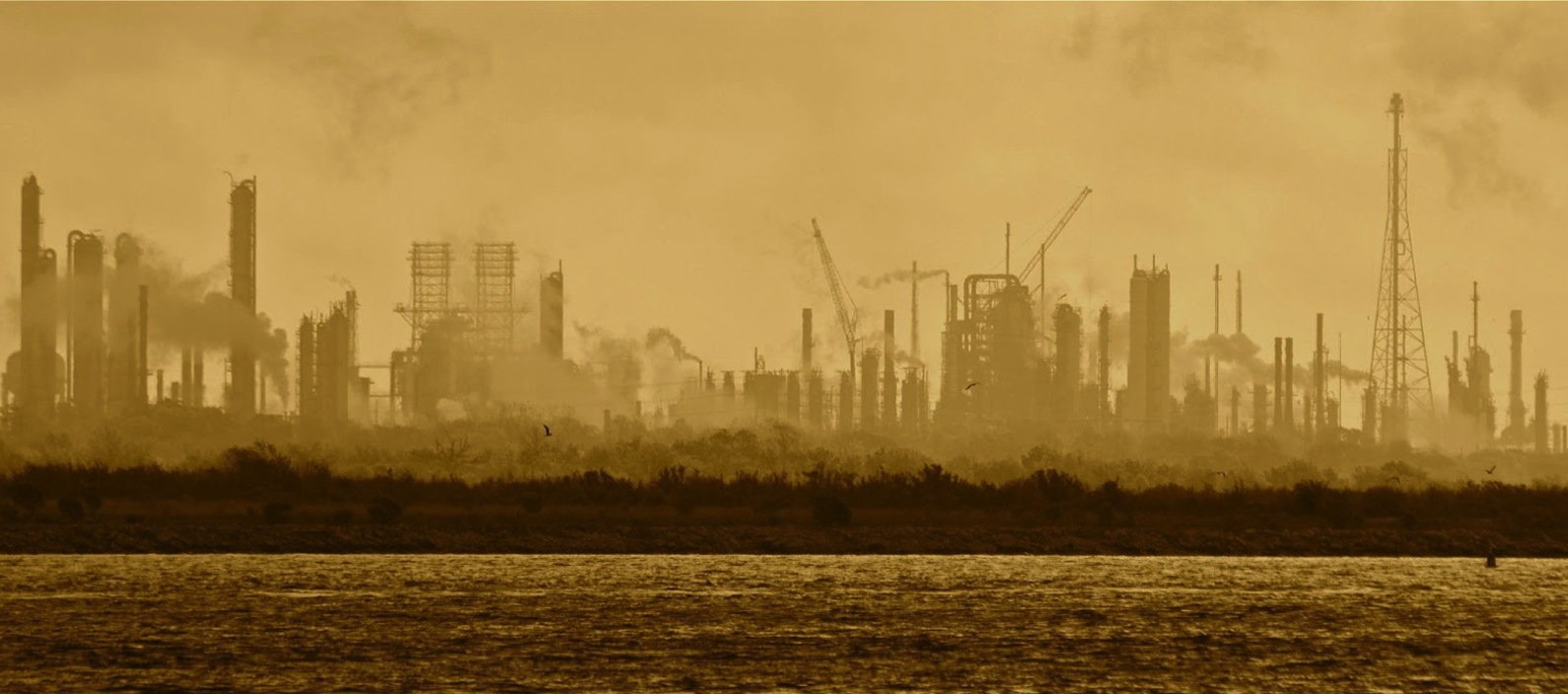
On Monday, November 21, attorneys with the Environmental Integrity Project filed a request on behalf of Environment Texas and two of our members in Baytown, Texas asking state regulators to take a close look at ExxonMobil’s proposed expansion of its Baytown olefins manufacturing facility.
According to OilAndGasWatch.org, “the ExxonMobil Chemical Baytown Olefins Plant is an ethylene plant located along the Houston Ship Channel, roughly 25 miles east of Houston, Texas. The Olefins Plant was originally built in 1979 and is located within ExxonMobil’s Baytown Complex—one of the largest refining and petrochemical complexes in the world. A new 2 million ton ethylene cracker was commissioned at the Baytown Olefins Plant in 2018. The newly built cracker supplies ethylene to Exxon’s Mont Belvieu Plastics Plant in Chambers County, where it’s converted into polyethylene and other ingredients used to manufacture plastics.
“ExxonMobil submitted an application to increase olefin production at their Baytown Plant. Olefins are art of the plastics production process, and the proposed increase in production could result in increases in criteria emissions from the plant.” ExxonMobil plans to build a “new ethylene unit consisting of eight steam cracking furnaces and associated equipment at the Baytown Olefins Plan” with the potential to emit 1,453,293 tons of greenhouse gases and 1,476 tons of criteria air pollutants each year.
Environment Texas members are harmed by the air pollution from Exxon’s Plant. Mike Szumski can see the Exxon Plant from his house, including the eight furnaces that he and his neighbors have come to call the “eight dragons” because of the tremendous noises, large flames, and billowing black smoke that they generate.
When Exxon fires up the furnaces at the Olefins Plant, the vibrations shake Mr. Szumski’s house. Those vibrations, along with larger explosions, like the explosion in late 2021, have repeatedly damaged his home.
Mr. Szumski likes to spend time in his garage with the door open, listening to music and working on his old cars. Sometimes when he is in his garage, Mr. Szumski will hear thunderous noises from Exxon and strong odors will fill the garage. Exxon’s pollution sometimes smells strongly of oil, other times it has a chemical smell. He has witnessed thick black plumes of smoke coming from stacks at the Plant, and seen that smoke engulf his neighborhood at ground level. Mr. Szumski occasionally finds a sticky residue on his car, like an oily film or glaze coating the entire vehicle. He has to clean off of the windshield with cleaning products before he can safely drive. Mr. Szumski is highly concerned by Exxon’s proposal to build a ninth furnace next to the existing eight and further increase pollution from the Plant.
Sharon Rogers writes “I have been a resident of Bay Villa for 49 years. When we purchased our dream home it was on the water with over an acre of land. We were so glad to be able to buy our home and raise our children there: we had woods across the street from our subdivision and had many small animal visitors like ducks, raccoons, rabbits, armadillos, possums, some foxes, and deer.
Over the years, Exxon expanded in our direction and now Exxon is all around us and we hear the constant roar from the plants, the trains and trucks and other traffic that allow it to operate 24 hours a day, 365 days a year. Exxon has said we homeowners could be eligible for a buyout, but the only thing we’ve gotten from Exxon is more air pollution and more noise. On December 23, 2021, at 12:52 AM I was thrown out of my bed by an explosion across the street at Exxon. Please tell me how they can still call themselves “good neighbors”? They are terrible and now want to add more pollution to our already untenable situation. Their favorite time to burn off is between 12:30 and 3:00 AM. I certainly ask the TCEQ to deny their request to increase their pollution.”
Environment Texas and our members requested what’s called a contested case hearing, where an administrative law judge would evaluate the facts of the case and make a recommendation to the Texas Commission on Environmental Quality (TCEQ) on whether to approve or deny the permit or approve it with additional requirements to cut pollution.
Topics
Updates
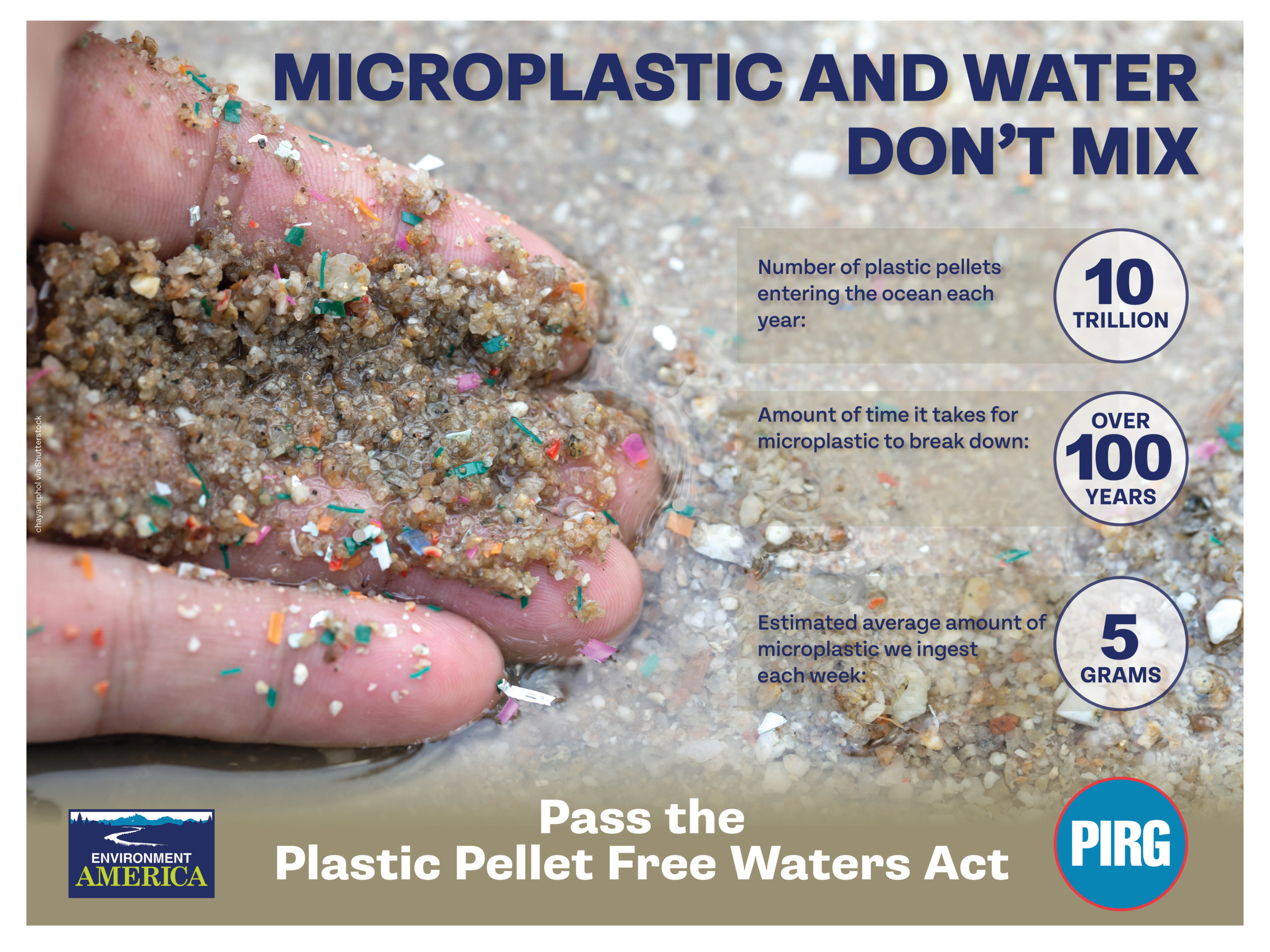
Lobby day secures bipartisan support for the Plastic Pellet Free Water Act

Advocates drum up support for America’s wildlife in DC
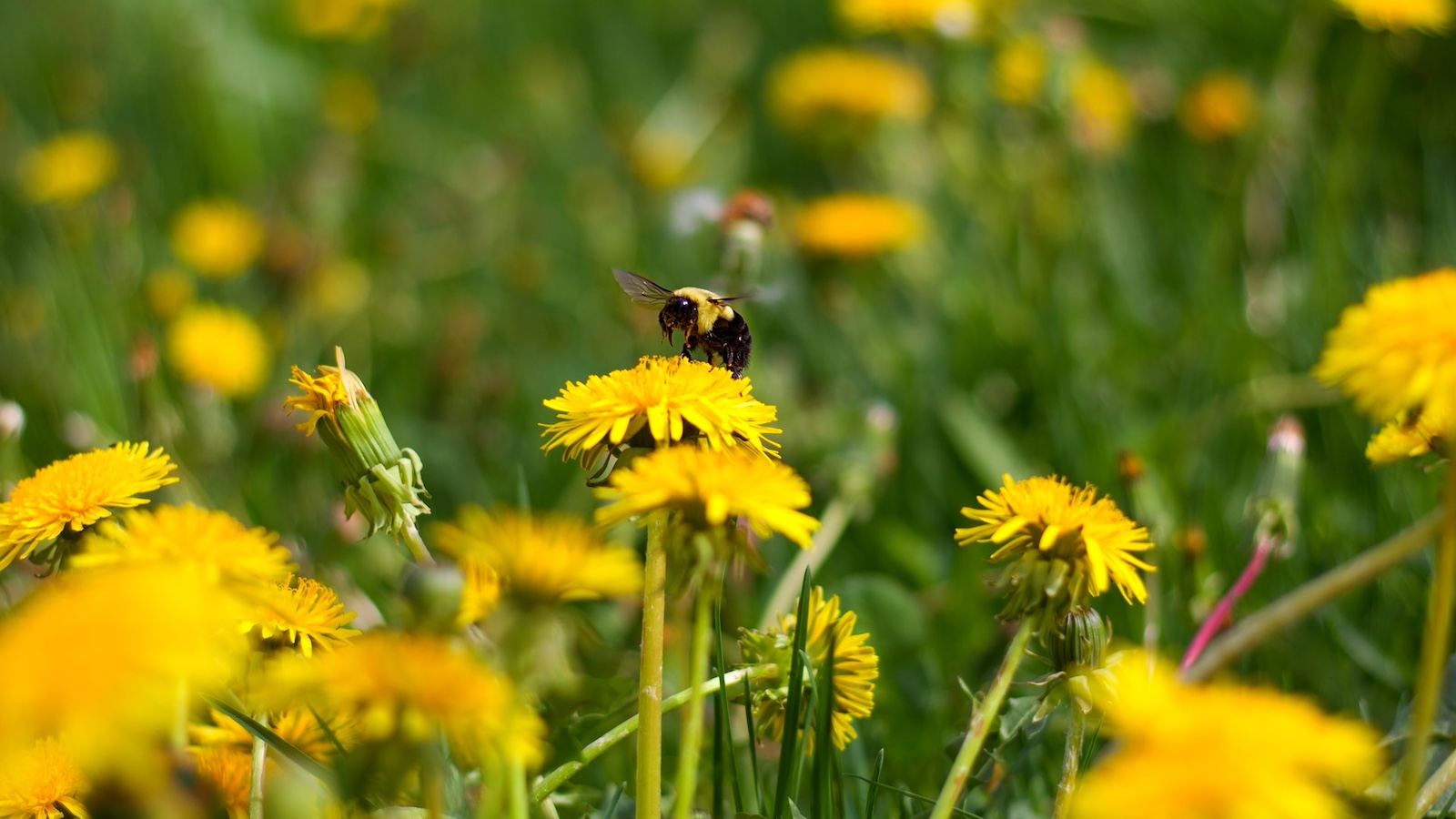
New grants can make our roadsides bee-friendly

Energy Conservation & Efficiency
Biden administration finalizes lightbulb efficiency rules
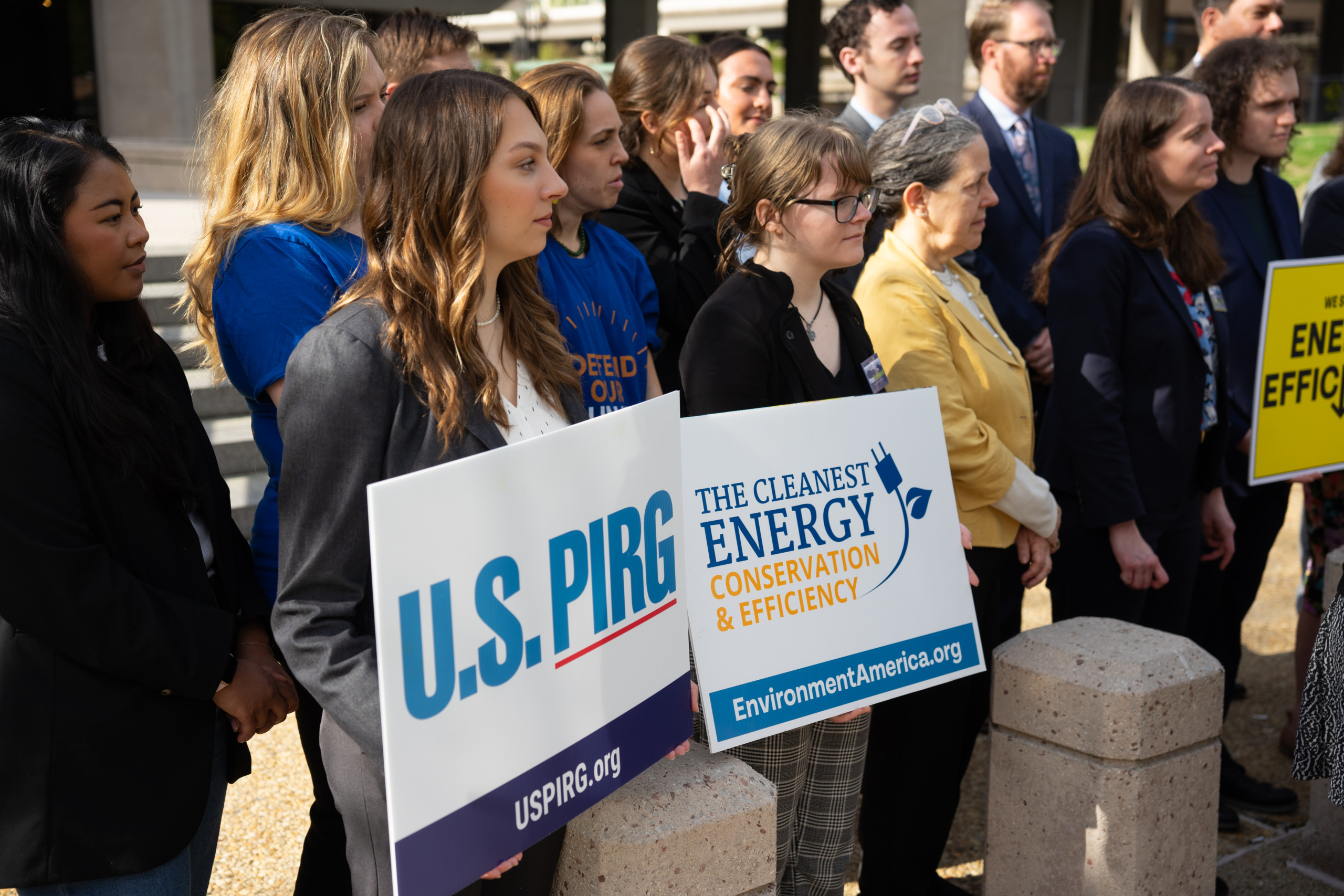
Energy Conservation & Efficiency

